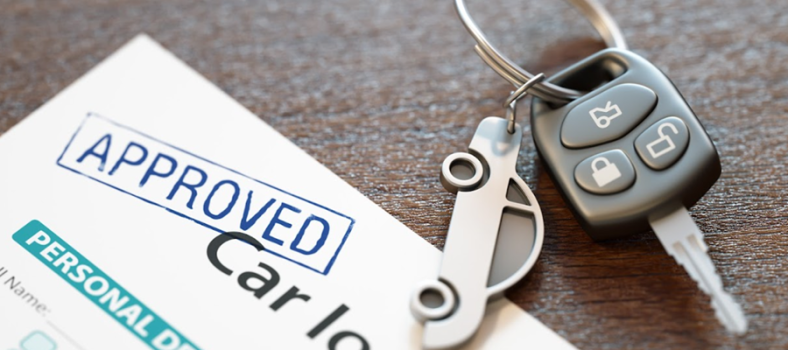How to make a will: Top 5 Tips
Making a will can often seem like a complex and daunting task. However, with the support of an experienced estate lawyer to guide you through this process, you can be assured that your family will be protected in the event of your passing, and that your will reflects your final intentions for the distribution of your assets and your family’s ongoing financial protection.
- Use a professional
Planning your estate with a professional will require payment, however it is a small price to pay in comparison to the enormous legal fees your beneficiaries may be liable to pay if your will and estate is deemed void and unenforceable.Whilst you may personally prepare your will and other estate documents, without the expert advice of a professional, it is all too easy to fail to comply with the strict requirements and formalities that exist in will and estate planning. It is therefore easy for personally prepared wills to be deemed unenforceable or be susceptible to challenge in court.
- Prepare an accurate and up to date list of your assets
Preparing a will involves identifying and clearly listing the assets you have that you wish to distribute when you pass away. Before formally preparing a will, it is therefore important to make a list which involve the following important considerations;
- Assets you have
- Debt you owe
- What assets and gifts you wish to give away
- How you wish to divide your financial assets
- Any new assets that are likely to come into your possession
Regularly reviewing and providing a truthful assessment of these assets will ensure that your family is not left surprised by the distribution of your assets.
- Carefully consider who you wish to name as beneficiaries
Throughout a person’s life, many changes take place that will affect who is named as a beneficiary in a will.
These changes may take place due to circumstances such as;
– Deaths
– Divorces
– Births
– Marriages
When preparing a will, it is important to carefully consider who you wish to name as beneficiaries and which portion of your asset you wish for them to receive. It is also important to consider any people that will likely be considered as a dependant upon your passing. Ensuring that your dependants are properly addressed and provided for dramatically reduces the likelihood of your will later becoming susceptible to costly legal challenges.
- Adhere to legal formalities
There are a number of other important, legal considerations to make when preparing your will to ensure it is not declared as void. This includes ensuring your will is prepared in accordance with the strict requirements and rules including;
- The will must be in writing
- Witnesses must not be a beneficiary in the will or be married to, or a domestic partner of people mentioned in the will.
- Beneficiaries must be clearly identified
- The Executor must be clearly identified
- The will must be dated and signed correctly
- You must have testamentary capacity when preparing and signing the will. This means that you must both know and understand the nature and effect of a will and the approximate value of what you have to leave in the will
- Choose the right executor
Choosing the right executor is an important consideration when making a will. An executor is the person who will be responsible for carrying out the wishes you state throughout your will, managing your assets and distributing them according to your wishes. An executor should be someone you trust with the capacity to administer complex legal and financial affairs, they will also be responsible for defending your estate from any legal claims and resolving disputes between beneficiaries. Considering the importance of this role, it is important to choose the right executor who you trust to carry out your final wishes.
Bio: Laura Costello is in her fourth year of a Bachelor of Law/International Relations at Latrobe University. She is passionate about the law, the power of social media, and the ability to translate her knowledge of both common and complex legal topics to readers across a variety of mediums in a way that is easy to understand.






1 Comment
Choosing the right executor is the most critical part of making a will. You need the right gut feel to choose the best person to execute your will.